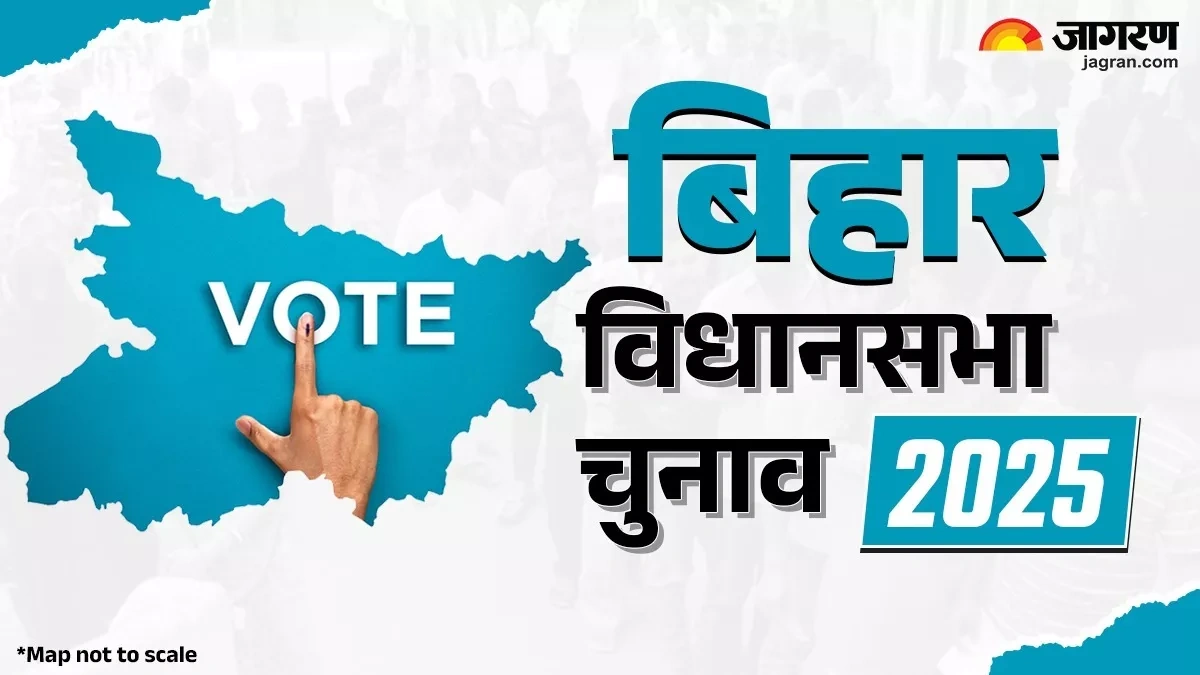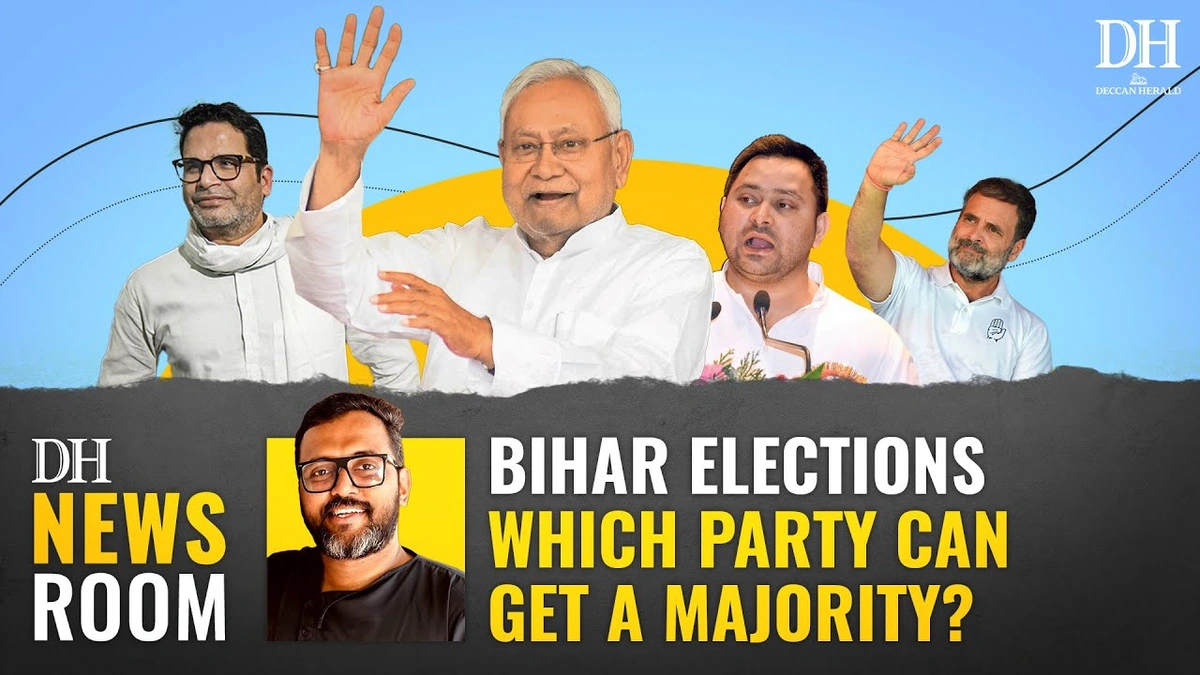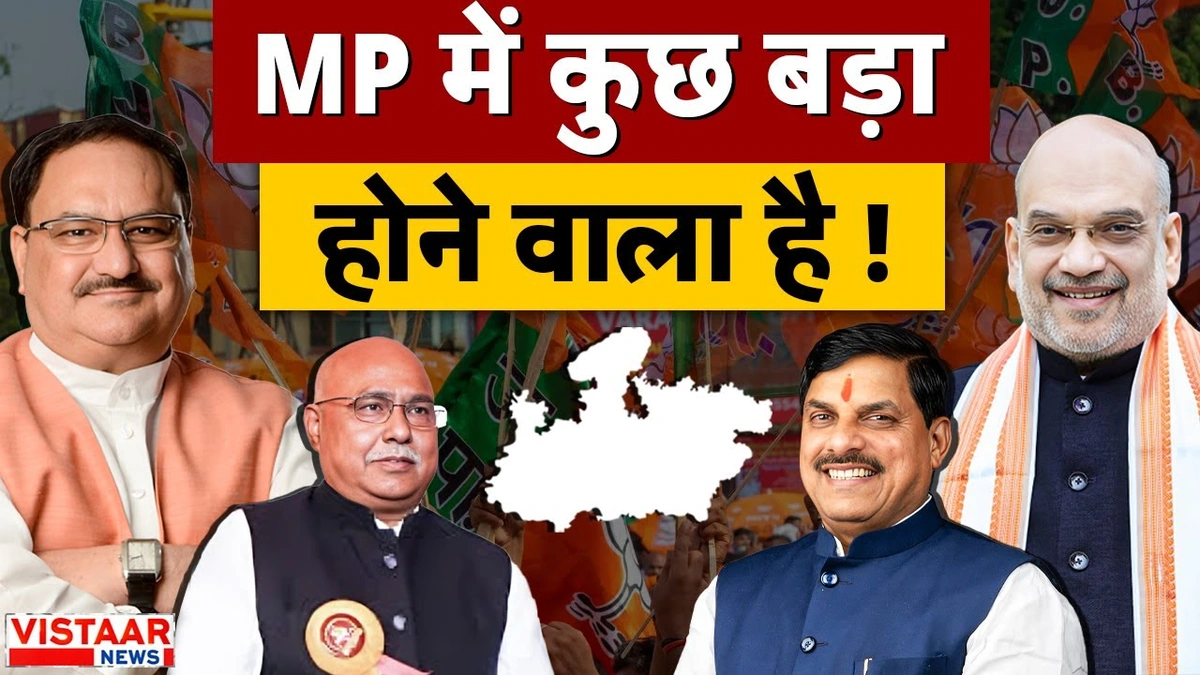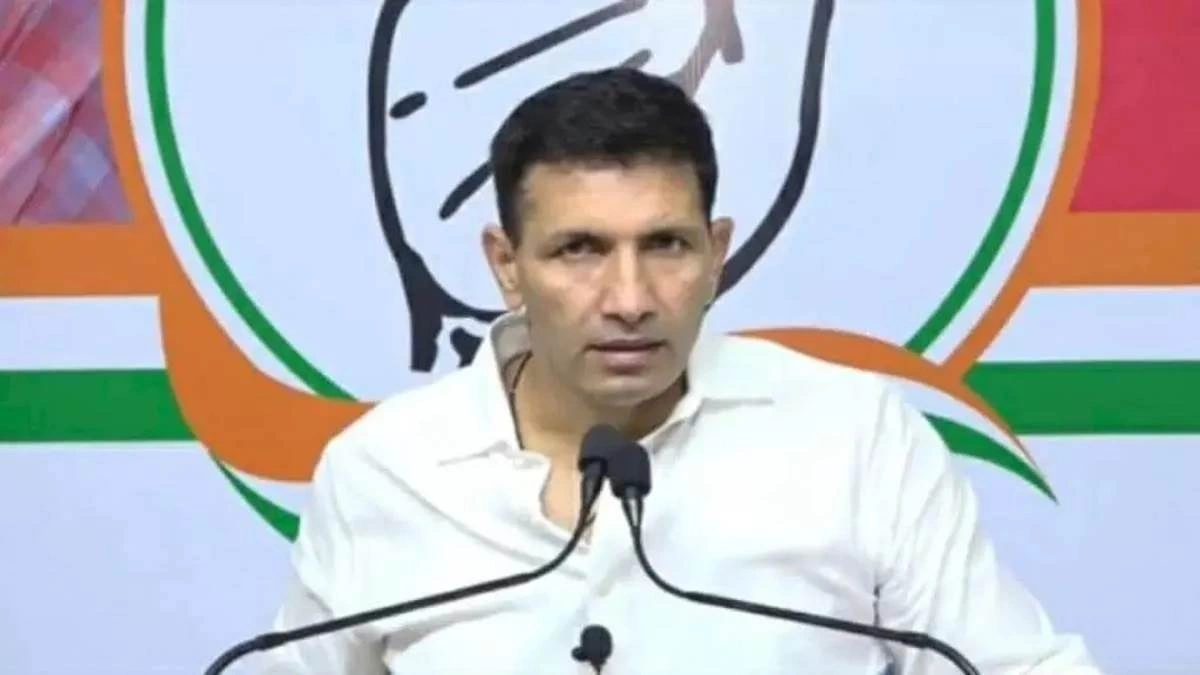Congress MP Calls for SC Oversight of Elections Before Bihar Dates Announced
The political pot in Bihar is already simmering, but this latest move? It’s like throwing a whole chili into the mix. A Congress MP has formally requested the Supreme Court to oversee the upcoming Bihar Election before any official dates are even announced. Now, that’s a bold play. But the real question is: why? What’s driving this call for such an extraordinary measure?
Why the Supreme Court? Understanding the Concerns
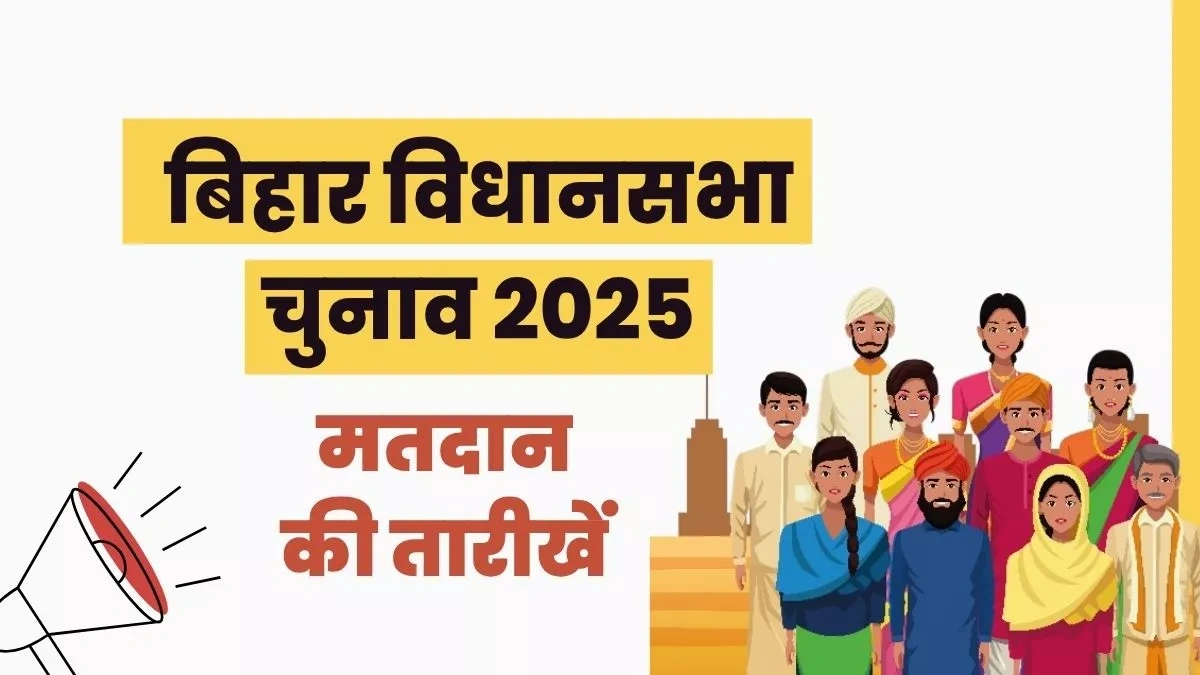
Let’s be honest, elections in India, while generally robust, aren’t always perceived as squeaky clean. There are persistent whispers sometimes shouts about manipulation, voter intimidation, and undue influence. This isn’t just about Bihar; it’s a national conversation. But Bihar, with its complex social dynamics and history of electoral battles, often finds itself under extra scrutiny.
The Congress MP’s call likely stems from a deeper concern about maintaining fairness and transparency. It suggests a lack of faith in the existing Election Commission machinery, or at least a desire for an additional layer of security to ensure a level playing field. But is this distrust warranted? What specific incidents or trends are fueling this demand for Supreme Court intervention? That’s what we need to unpack.
And here’s the thing – demanding SC oversight is not a small ask. It’s a huge statement, a public declaration of potential vulnerabilities within the electoral process. It forces everyone to take a closer look, to question the safeguards that are already in place. Is this a genuine attempt to strengthen democracy, or a calculated political maneuver? The answer, as always, is probably somewhere in between. We also have to consider the role of the Election Commission.
Historical Precedents and the Scope of SC Intervention
The Supreme Court isn’t a stranger to electoral matters. They’ve intervened in the past, setting precedents for electoral reforms and holding authorities accountable. But direct oversight of an entire election? That’s rarer territory. Historically, the SC steps in when there’s a clear violation of constitutional principles or a breakdown of the electoral process. The question is, does the current situation in Bihar warrant such an intervention?
What fascinates me is the timing. The MP’s request comes before the election dates are even announced. This suggests a preemptive strategy, a move to influence the environment before the battle lines are fully drawn. It’s like saying, “We don’t trust the process, so we want a referee appointed before the game even starts.” Smart? Maybe. Risky? Absolutely.
It also begs the question of logistical feasibility. How would the Supreme Court practically oversee an election in a state as large and diverse as Bihar? Would they appoint observers? Monitor polling stations? Review voter lists? The details matter, and without a clear plan, the request could be seen as more symbolic than substantive. It is important to highlight the Supreme Court’s past rulings on electoral reforms.
But, let’s be honest, even the perception of SC involvement could have a significant impact. It could boost voter confidence, deter potential wrongdoers, and signal a commitment to fairness. The very act of asking could be as important as the outcome. Let me rephrase that for clarity: The call for oversight, even if not fully granted, sends a strong message.
The Political Fallout and What It Means for Bihar
This move is guaranteed to send ripples through the political landscape of Bihar. The ruling parties will likely dismiss it as a politically motivated stunt, while opposition parties might rally behind it, seizing the opportunity to highlight perceived flaws in the electoral system. Expect fiery debates, accusations, and counter-accusations. That’s just how things roll in Indian politics. After all, Bihar politics is never boring.
The potential ramifications are huge. If the Supreme Court agrees to some form of oversight (even limited), it could set a precedent for future elections in other states. It could empower voters, increase accountability, and strengthen the democratic process. But it could also create friction between the judiciary and the Election Commission, blurring the lines of authority and potentially undermining the EC’s independence. This may also impact the election campaigning. You must know that the Election Commission of India holds considerable power.
And what about the average voter in Bihar? How will they perceive this intervention? Will it inspire confidence or create confusion? Will it mobilize them to participate more actively, or will it reinforce a sense of cynicism and apathy? Their reaction will ultimately determine the success or failure of this entire endeavor. The whole process could be a boost for the Indian democracy.
Analyzing the Congress’s Strategy and Potential Gains
Let’s be real: This isn’t just about electoral integrity; it’s also about political strategy. The Congress party, while historically significant, has been struggling to regain its footing in Bihar. This move could be an attempt to reassert its relevance, to position itself as a champion of fairness and transparency, and to appeal to voters who are disillusioned with the current political establishment. The Congress party’s position in Bihar cannot be ignored.
By calling for SC oversight, the Congress is essentially saying, “We’re not afraid to challenge the status quo. We’re willing to go to the highest court in the land to ensure a fair election.” It’s a bold message, and it could resonate with voters who are looking for a credible alternative. But it’s also a risky move. If the Supreme Court rejects the request, it could backfire, making the Congress look weak and ineffective.
What fascinates me is how this plays into the larger narrative of Indian politics. The Congress, once the dominant force, is now trying to reinvent itself in a rapidly changing landscape. This call for SC oversight could be a key part of that reinvention, a signal that the party is willing to fight for its principles and challenge the established order. But only time will tell if it works. Let’s face it: election predictions are difficult to make.
So, we wait. We watch. And we see how this unfolds. The Bihar election, even before the dates are announced, is already shaping up to be a fascinating and potentially game-changing event. The implications are far-reaching, not just for Bihar, but for the future of Indian democracy itself. And the MP’s call could potentially impact voter turnout.
FAQ | Your Questions Answered
What exactly does “SC oversight” mean in this context?
It could range from appointing observers to monitor the election process to reviewing voter lists and ensuring compliance with electoral laws. The specifics would depend on the Supreme Court’s decision.
What if the Supreme Court rejects the request?
It would be a setback for the Congress party, but it wouldn’t necessarily invalidate the election itself. The Election Commission would still be responsible for conducting the elections.
Could this delay the announcement of election dates?
It’s possible. The Election Commission might wait to see how the Supreme Court responds before finalizing the dates.
Is this a common practice in Indian elections?
No, it’s relatively rare for a political party to directly request Supreme Court oversight before election dates are announced.
What are the powers of the Election Commission of India?
The Election Commission is responsible for conducting free and fair elections, including setting dates, overseeing the voting process, and resolving disputes. They have broad authority, but are also subject to judicial review.
Ultimately, this isn’t just about an election; it’s about trust, accountability, and the very foundation of our democratic system. It’s a reminder that vigilance is the price of liberty, and that we, as citizens, must hold our leaders accountable for ensuring a fair and transparent electoral process. Because in the end, the power rests with the people.
